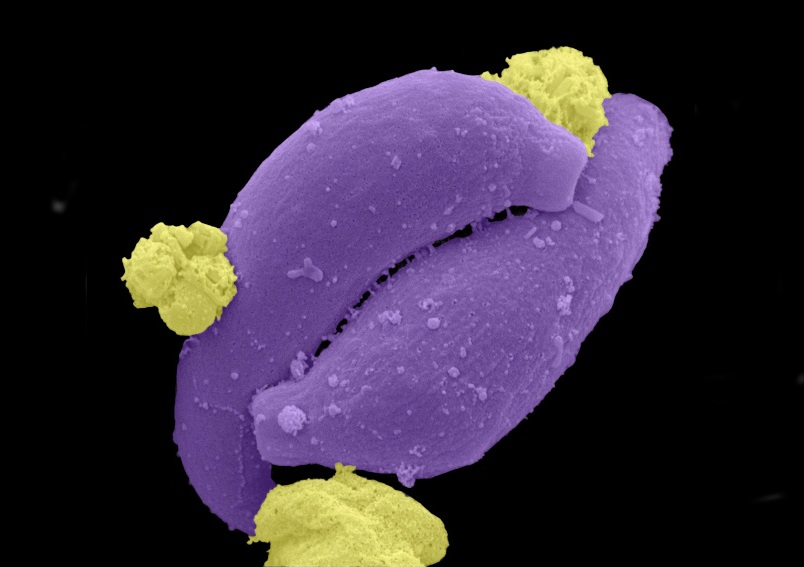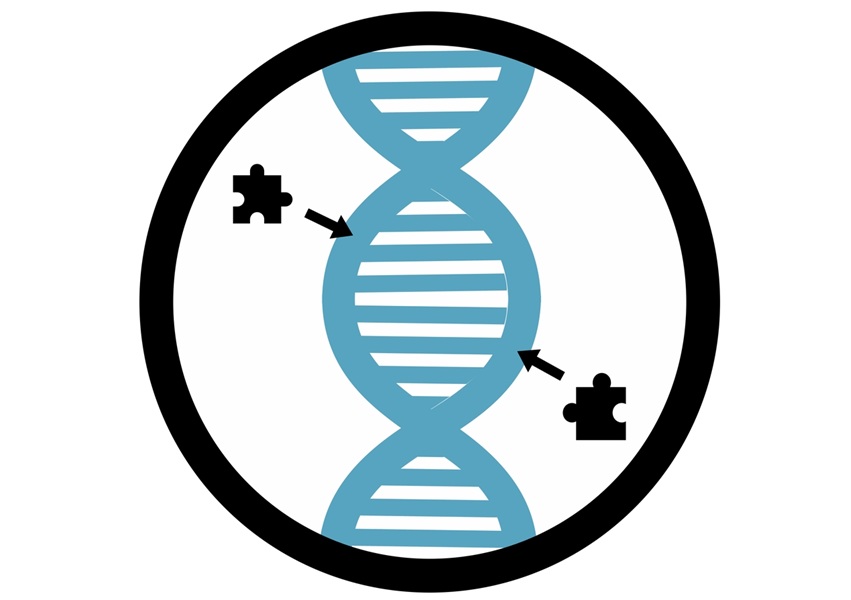Ultrasensitive Molecular Diagnostic Tools Detect Asymptomatic Malaria
Posted on 19 Jan 2024
Malaria remains a significant cause of illness and death, particularly in low-income countries, striking hardest among young children and pregnant women. In 2022 alone, the World Health Organization reported 608,000 malaria deaths globally, with a staggering 95% of these occurring in the African region. A key challenge in controlling malaria, especially in endemic areas, is identifying and treating asymptomatic carriers of the disease. In response to this challenge, researchers have developed advanced diagnostic tools capable of detecting even minimal traces of malaria in individuals who carry the parasite but do not exhibit symptoms.
A collaborative effort between scientists from the University of Washington (Seattle, WA, USA) and Med Biotech Laboratories (Kampala, Uganda) has led to significant advancements in malaria detection. The researchers observed that malaria parasite densities in the blood can suddenly fall below the detection threshold of traditional tests due to the evolving nature of the malaria pathogens. This issue is exacerbated when using older, less sensitive diagnostic methods and when testing is limited to a single point in time. They found that ultrasensitive molecular diagnostic tools possess greater analytical sensitivity than other testing methods, including blood smears, rapid diagnostic tests, and some other molecular tests. In their study, the team applied these ultrasensitive tools to test non-pregnant adults aged 18 to 59 and children aged eight to 17 in the Katawki district of eastern Uganda, a region with a high incidence of malaria. The participants were not under any malaria medication.

The research involved testing dried blood spots for the presence of Plasmodium ribosomal RNA, essential in the production of parasite proteins, to assess the types and densities of malaria parasites over a month. The goal was to establish a practical sampling schedule that could consistently identify asymptomatic malaria cases without the need for daily testing. Remarkably, about 60% of the study participants experienced a Plasmodium infection at some point during the research period. However, less than half were detected with an infection at the study's onset. The average rate of infection stood at 30%. The team has highlighted an increasing trend in asymptomatic malaria among Ugandan children over five years old, indicating the need for further research into the dynamics of asymptomatic malaria.
“To make anti-infection vaccines, drugs and therapeutics and test them in endemic areas means that you need diagnostic tools that can detect even the lowest density infections,” said Sean Murphy, professor of laboratory medicine and pathology at the University of Washington.
“Our current findings provide critical information on the burden of asymptomatic malaria that we hope one day will be useful to the national malaria control program in Uganda and other malaria-endemic African countries,” added Tonny Owalla, a researcher at Medical Biotech Laboratory in Kampala.
Related Links:
University of Washington
Med Biotech Laboratories













